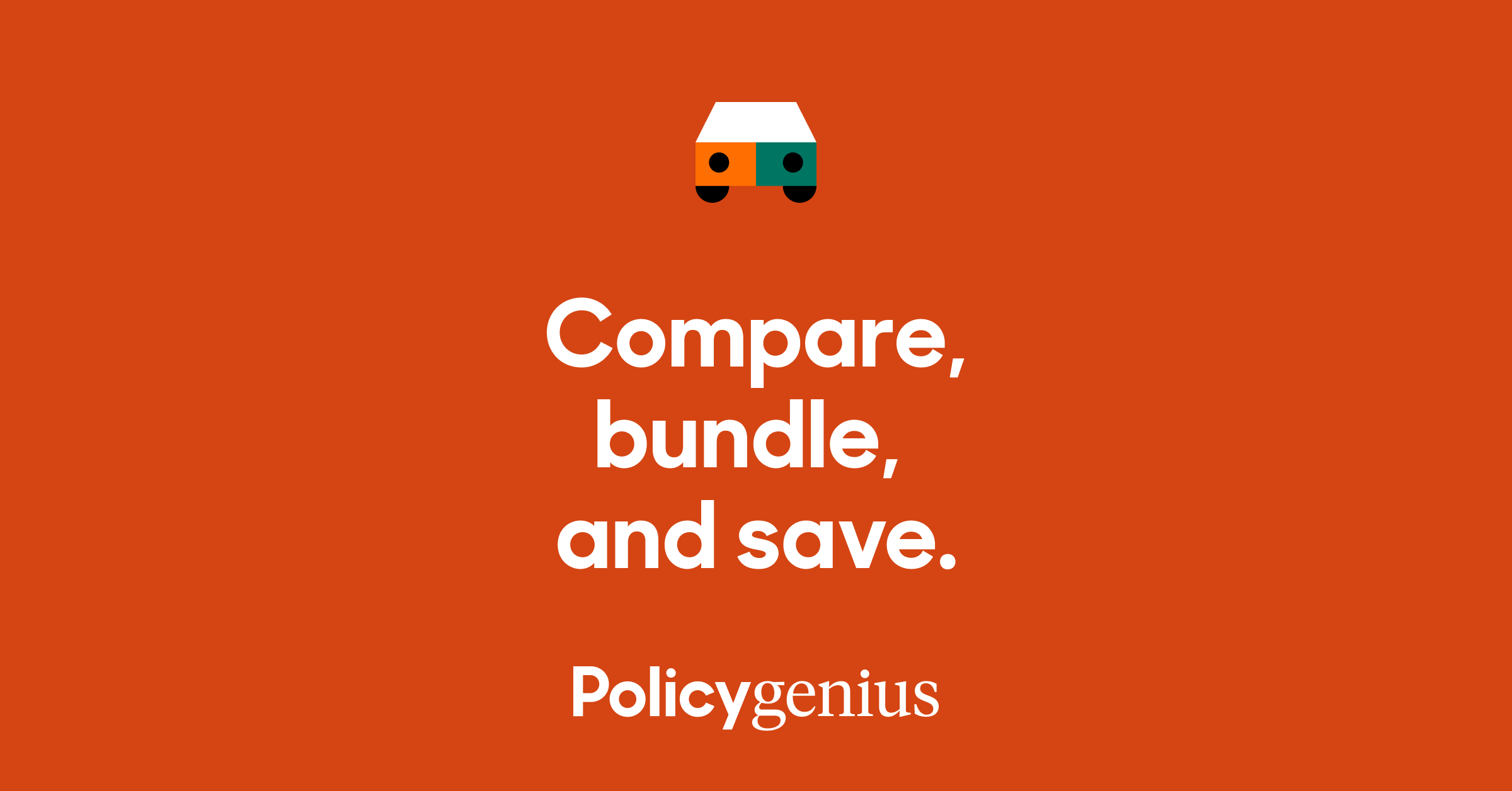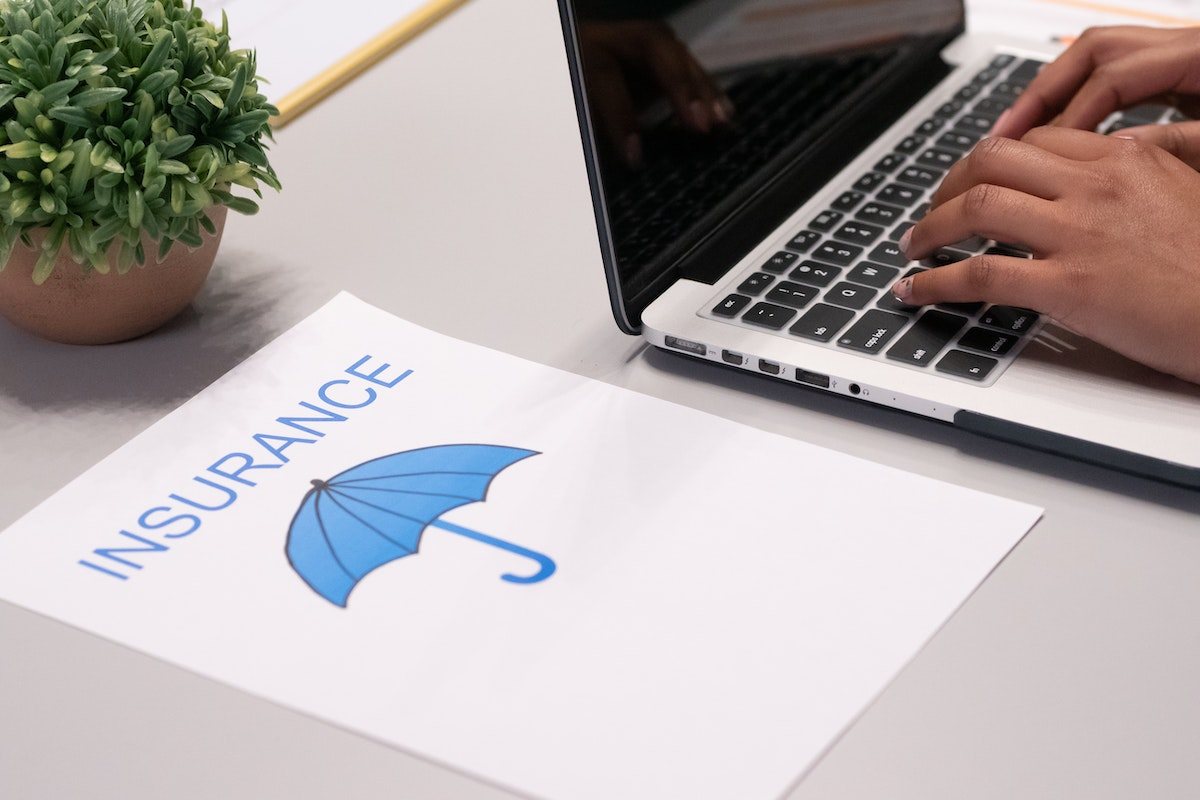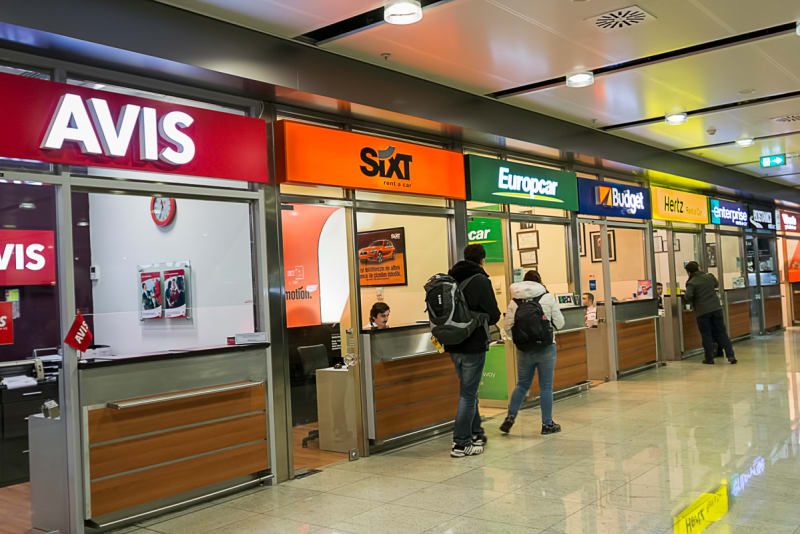If you live in an area that’s prone to flooding, you might be wondering if your auto insurance will cover any damages that occur as a result. The short answer is: it depends on your policy. In this blog post, we’ll explore the ins and outs of auto insurance and flooding. We’ll discuss what kind
If you live in an area that’s prone to flooding, you might be wondering if your auto insurance will cover any damages that occur as a result. The short answer is: it depends on your policy. In this blog post, we’ll explore the ins and outs of auto insurance and flooding. We’ll discuss what kind of coverage is available, what isn’t covered, and how you can make sure you’re prepared in the event of a flood.
Auto insurance is a type of insurance that covers losses relating to the ownership, operation, and use of automobiles. It canprotect you from financial loss in the event of an accident, theft, or damage to your car. Auto insurance can also provide coverage for injuries caused by you or another driver.
Your auto insurance policy covers a lot more than just your car. It also protects you, other people, and your property. Here’s what your auto insurance typically covers:Bodily injury liability: If you cause an accident that injures someone, this coverage pays for their medical bills, lost wages, and pain and suffering.Property damage liability: If you cause an accident that damages someone else’s property—like their car or a fence—this coverage pays for the repairs.Medical payments or personal injury protection (PIP): This coverage pays for your medical bills and sometimes lost wages if you’re injured in an accident, no matter who caused it. It may also cover funeral costs.Uninsured/underinsured motorist: If you’re in an accident caused by a driver who doesn’t have insurance or doesn’t have enough insurance, this coverage steps in to pay for your damages.Comprehensive: This coverage pays to repair or replace your car if it’s damaged by something other than a collision—like theft, fire, hail, or flooding.
If you live in an area prone to flooding, it’s important to know whether or not your auto insurance policy will cover damage caused by floodwaters. Most standard auto insurance policies do not cover flooding, but there are some that do. If you’re not sure whether or not your policy covers flooding, it’s best to contact your insurance company and ask.If you don’t have auto insurance that covers flooding, you may still be able to get coverage through the National Flood Insurance Program (NFIP). The NFIP offers flood insurance to homeowners and renters in communities that participate in the program. Coverage is available for up to $250,000 for your home and contents.If you think your car is at risk of being flooded, there are a few things you can do to help protect it. First, try to park it in a garage or another high-ground area if possible. You should also keep a record of all important documents related to your car, such as the VIN number, in case you need to file a claim later on.
If you live in an area that is prone to flooding, it’s a good idea to get flood insurance for your car. Flooding can happen suddenly and without warning, so it’s important to be prepared.There are a few things to keep in mind when getting flood insurance for your car. First, you need to make sure that your vehicle is covered by the policy. Many policies will exclude certain types of vehicles, such as RVs and boats. Second, you need to determine the amount of coverage you need. This will depend on the value of your vehicle and how much damage it could sustain in a flood. Finally, you need to decide whether you want comprehensive or collision coverage. Comprehensive coverage will protect your vehicle against all types of damage, while collision coverage will only cover damage caused by collisions with other objects.Once you have decided on the type and amount of coverage you need, you can shop around for policies from different insurers. Be sure to compare rates and coverage options before making a final decision.


/Mechanical-breakdown-insurance-whats-covered-vs-extended-warranty-574b61803df78ccee1f4dea6.jpg)



















